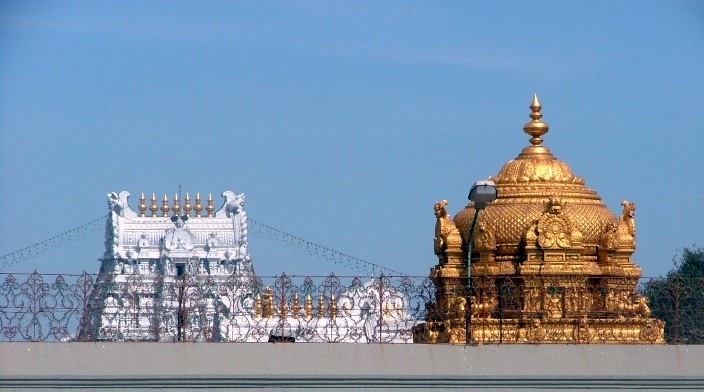Tirumala Temple Terminology Tirumala Temple is very ancient and has a unique history. The rituals and traditions of the temple have been followed from time immemorial. Thus the terminology used in the temple is varied and multilingual. They are unchanged even to this day. These temple terms have a special significance in temple rituals and Read More
Ads Blocker Detected!!!
We have detected that you are using extensions to block ads. Please support us by disabling these ads blocker.

